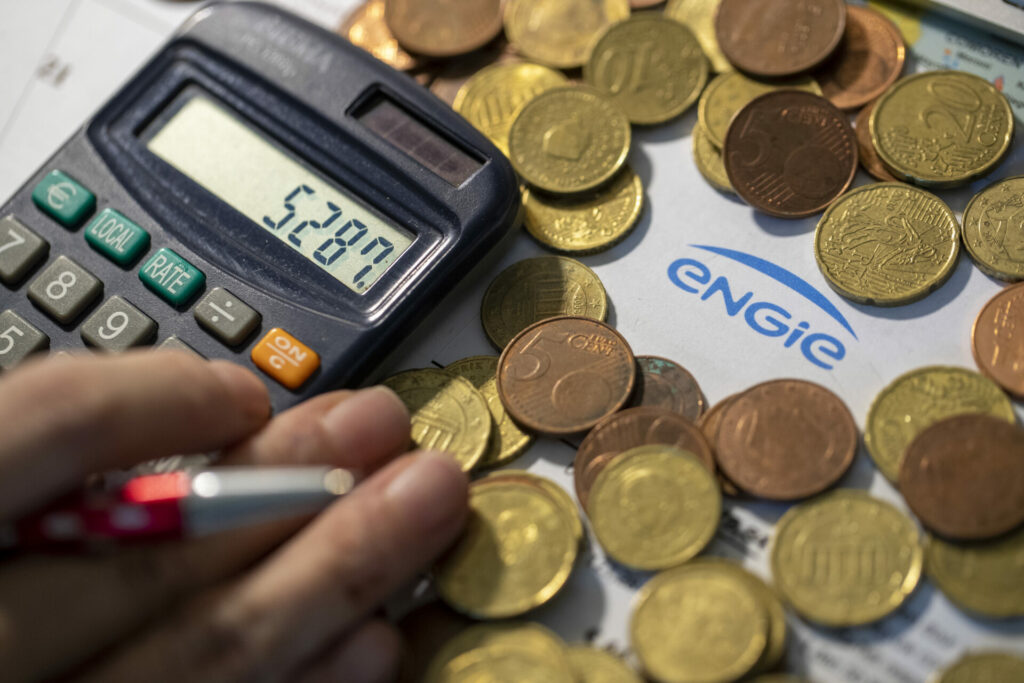The cost of electricity in Belgium dropped since it skyrocketed in 2022, but high-voltage grid operator Elia stressed it remains particularly high, pushing down consumption.
In recent years, the cost of electricity in Belgium soared, exacerbated by the war in Ukraine, the need to transition away from Russian energy exports, and finding alternative fuel sources. Many consumers in the country saw their bills triple as a result.
The average price of electricity in 2023 was two and a half times lower compared to 2022, but still higher than normal, Elia noted in a statement on Monday. In 2023 the average annual MWh price on the day-ahead market remained high (€97/MWh), mainly due to high gas prices.
This price is still double the historical benchmarks. In 2020, the price in euros per MWh never surpassed 80. In 2022, prices soared as high as €448,1/MWh (in August), while last year, prices shifted between €90 and 143/MWh. Only in December Elia does speak of "a normal level", when prices dropped to just below €80/MWh.
"Even though electricity prices fell sharply during the year, they were still particularly high due to the international context, which is also pushing consumption down," the statement read.
Historically-low consumption
As already announced by federal energy regulator CREG, electricity consumption in 2023 was historically low at 78.9 TWh, down by 3.5% compared to the previous year. Elia said this level of consumption is historically low.
The same was true for gas consumption. Gas-fired generation, which remains the norm in terms of percentage of the electricity mix, was also historically low, with 19.2 TWh produced in 2023. "This can mainly be explained by still-high gas prices, increased renewable generation, increased imports and historically low consumption," Elia noted.
The high-voltage grid operator stressed that the lower power consumption is only a temporary phenomenon.
"In the coming years, we expect a sharp increase. Due to the rapid electrification of industrial processes and the surge in electric cars and heat pumps". Elia reckons consumption will increase by 50% by 232.
For now, the lower consumption is at times resulting in a rising trend in stark contrast with these high prices. Electricity prices on the Belgian wholesale market dropped below zero for a record 222 hours last year as a result of a mismatch between supply and demand driven by the more diverse energy mix that feeds Belgian supply today.
Related News
- European gas prices surge following cold snap forecast
- Belgian electricity and gas consumption fall to lowest levels since 1990s
"Faced with the growing significance of renewable generation in the years ahead, price volatility is expected to become even more volatile in the coming years," Elia noted.
"This price volatility offers opportunities for consumers who can adjust their consumption depending on the availability of cheap renewable energy. Flexibility can thus play an important role in our energy system," it concluded. This refers to households who can adjust their energy consumption to use more energy at times when prices are negative.

